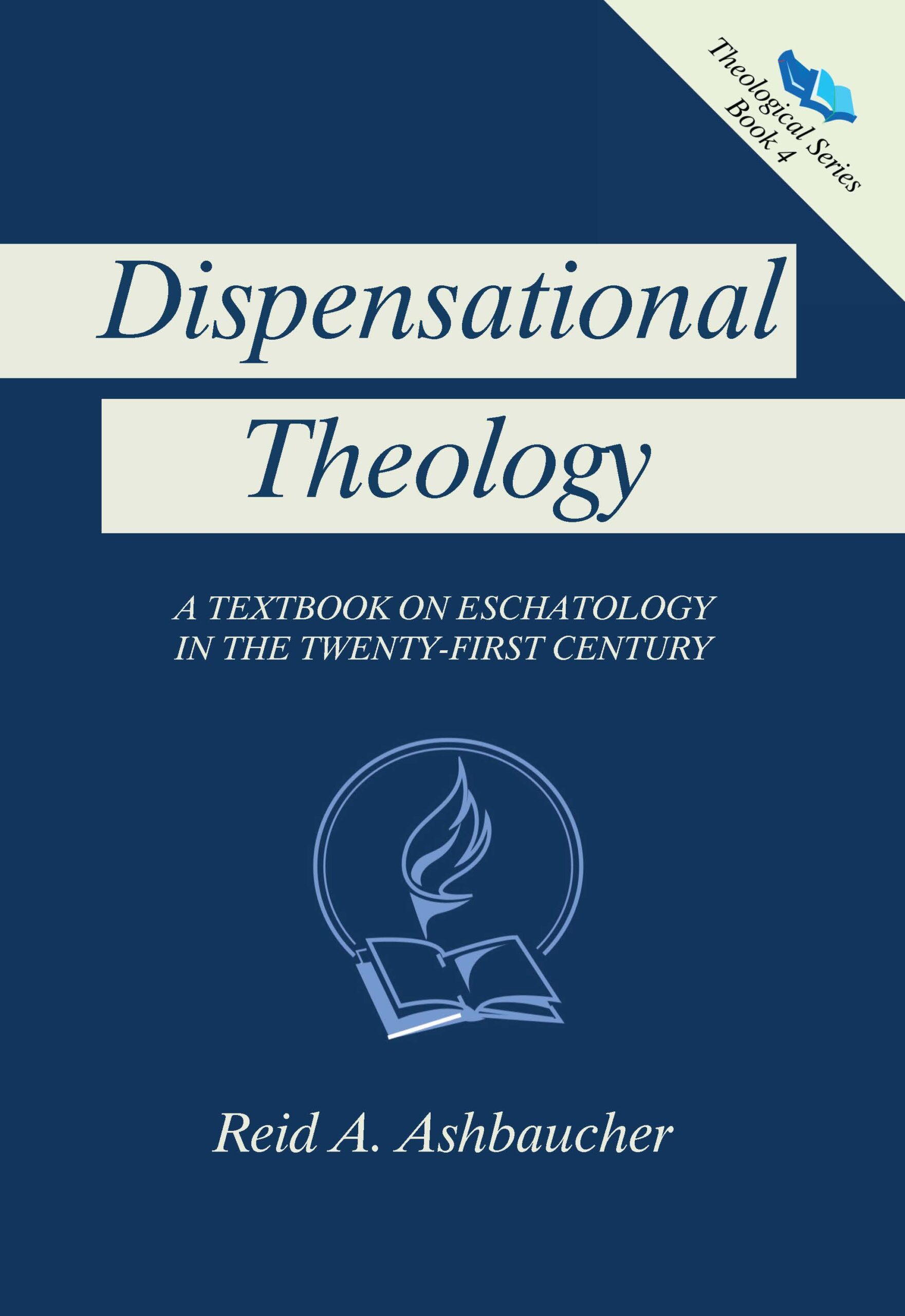December 8, 2022 | By Jay Ashbaucher
In the following, I have included lots of scripture references so that this article can be used as a Bible study with you and your family, or a friend, or your small group. Look up the verses and discuss them.
Why did Jesus come? He came to save people from their sinful self-destructive ways (Matthew 1:21; John 1:29) and give them a new way to live (1 John 3:8; John 10:10). We sing about this in many of our Christmas carols. For example, in God Rest Ye Merry Gentlemen, we sing, “Remember Christ our Savior was born on Christmas Day; to save us all from Satan’s power when we were gone astray.”
We were all gone astray (Isaiah 53:6). But God’s plan is to create a new humanity (2 Cor. 5:17). Unlike the fallen into sin and death man, Adam, God’s renewed human race will be restored to the image of God, free from sin and death (1 Cor. 15:21-23). Jesus is the exact representation of God’s nature (Heb 1:1-3; John 14:7-12). We are to become perfect, like Jesus (Luke 6:40; Rom. 8:29; Col. 1:28). And like Jesus, who went about doing good (Acts 10:38), we too, as God’s new creation, are called to overcome this world’s evils by doing good (Rom. 12:21; Eph. 2:10, Titus 3:14).
Unfortunately, we are slaves of sin and need to be set free (John 8:34, 36). God’s forgiveness sets us free, but as forgiven people, we are not perfect. We still have trouble overcoming sinful ways. Our sins hinder us from doing God’s good works and meeting people’s needs. We are to serve God by doing his good work within our families, jobs, churches, community, and world. The Apostle Paul understood this need to be free from sin. It hinders our calling to be and do God’s will. Read Paul’s words in Gal. 5:17 and Rom. 7:21.
To be set free from sin means to stop sinning and be purified as Jesus is pure (1 Cor. 15:34; 1 John 3:2-6). Wait a minute! How can we possibly stop sinning? Even as Christians, we find ourselves sinning almost daily. Some have an almost impossible time overcoming sinful addictive behaviors or attitudes. What does it mean for a Christian to stop sinning? Is that even possible? Let’s explore some Bible teachings about how we overcome sin so we can be pleasing to God and be faithful to our calling to do God’s good works.
This subject of Jesus coming to free us from sin is always of personal interest to me. A good friend told me I am passive aggressive. When I looked it up to see what that meant, I realized that this was deeply ingrained in my life. It has been hard to overcome. I want to overcome it because it causes me often to do or say the wrong thing and I hurt people. How do we overcome sin so God’s goodness is not hindered?
(1) The Psalm writer asks this question, “How can a young man keep his way pure?” Then he answers, “By keeping it according to Your word” (Psalm 119:9-11). Knowing the Bible helps change us so that sin is lessened in our daily living. Through God’s word, our mind is being transformed (Rom. 12:2; Col. 3:1-2). We are developing a Christ-centered view of the world and God’s truths (Joshua 1:8; 2 Cor. 10:3-5; Col. 2:8; 1 John 2:15-17; Matt 13:18-23). And, as God’s word infiltrates our mind and heart, our lifestyle changes to conform to God’s will (Titus 2:11-14). Sin is overcome as we learn to deny our self and obey what the Lord says (Luke 9:23; 1 John 2:3-6; Rom. 6:12-14). We want to live Jesus’ way when we see what He did to love us and when we feel his forgiveness and acceptance in our soul (1 John 4:9-10, 19).
(2) The Bible is clear that we are to stop sinning and live a righteous life, but why is it so hard? Why do Christians still sin? The answer is that we are in a spiritual battle between our old fleshly self and our new spiritual self (Gal. 5:16-17). We must learn to walk by the Holy Spirit. Paul the Apostle realized his condition, “Wretched man that I am!”, and he asked, “Who will set me free from the body of this death?” (Rom. 7:24). His answer is that “the law of the Spirit of life in Christ Jesus has set you free from the law of sin and death” (Rom. 8:1-2). We must come to believe what Paul believed, that we are not condemned. Jesus paid for our sin, taking our punishment in his body on a Roman cross (1 Peter 2:24). We are free! Sin has no power to destroy those who believe these truths. When Paul sins, he believes that he is no longer the one doing it, but it is sin that is dwelling in his old human self. Paul is not that person anymore. Paul is a new creation in Christ. The old has passed away, the new has come (2 Cor 5:17). When we sin, we say we did it, we sinned again. Paul doesn’t say he did it, but it was sin in him. He is a new person. He has come to life by the Holy Spirit of God, who has caused his spirit to be born anew into God’s family, and his true self wants to live to please God. When he sins, he does not focus on it. Rather, he confesses it, receives the truth that he is forgiven, and moves forward to focus on, and live, his new life in Christ (Prov. 28:13; 1 John 1:7-9; Gal. 2:20). You may say, “But I keep repeating the same sin. I have an addiction. That’s ok, just keep confessing each time and keep believing God’s forgiveness. If you keep doing this, your addiction will become more abhorrent to you and you will find yourself saying, “I can’t keep disappointing and hurting God’s heart and taking his forgiveness for granted.” You will become much more serious about wanting to overcome your addiction and seek all the help you can get. Dealing with sin as Paul does, believing it is not the real you sinning, but the old you who has died to sin, will give you a new way of seeing freedom from sin in your life and you will find yourself progressively changing and being more of the new you. We need to focus on our new nature that wants to live God’s way and not focus on our old nature that condemns us. Do not believe the devil’s lies that you are not a good Christian (1 Pet. 5:8; Rev. 12:10), rather, believe who you are in Christ, the new you (Eph. 2:10), and keep living that out.
(3) Asking God to help us is another thing we do. Jesus wanted his disciples to pray in the garden on the night he was betrayed and arrested. Their spirits were willing to die with Jesus, if need be, but the disciples needed to be in prayer that they would not yield to pressure. Failing to pray, they all ran away when Jesus was arrested. “The spirit is willing”, Jesus said, “but the flesh is weak.” Asking God to help us to defeat a sin is another part of overcoming sin in our lives. “I keep asking, seeking, and knocking” as Jesus prescribed (Matt. 7:7-11). Recently, I experienced a great joy one day when I recognized I was having a passive-aggressive thought. I was able to dismiss it immediately, and I did not say or do something that could have hurt another. “Thank you Lord, for helping me.”
(4) Who we hang out with makes a difference in our ability to defeat sin and stay on God’s path (1 Cor. 15:33; Prov, 13:20). Sharing our struggle with God and one or more trusted fellow believers is important (Psalm 51:1-4, 10; James 5:16). When I share with one or more persons a sin I am struggling with, I know I am not fighting the battle alone, and they can encourage me as needed (Heb. 3:12-13; 10:24-25).
(5) Finally, even though the above truths and counsel from God’s word will help us as we cooperate with God in purifying ourselves as He is pure (1 John 3:3-6; Phil 2:12-13), we must know that we are on a lifelong journey of growing in holiness and righteousness. We are a work in progress. We will never be perfect in this life because the sinful nature remains part of us until our death and bodily resurrection. However, God knows our heart, that we desire a sin-free life, and that we are making the effort toward the perfection that is our destiny in His coming Kingdom (Phil. 3:12-14). Therefore, we are confident in God’s faithfulness. He will perfect us (Phil. 1:6). In the day of Christ, God promises that we will be made blameless and complete (1 Cor. 1:7-9; 1 Thess.3:11-13; 5:23-24). This is why Jesus came. He came to free us from our destructive thinking and behaviors. He came to give us an abundant life, freed from our guilt and shame, and allowing us to enter into a new way of living, the way of peace and joy (Rom. 5:1-2, 18-21) This is why believers sing at Christmas, “Joy to the World, the Lord is come.”










